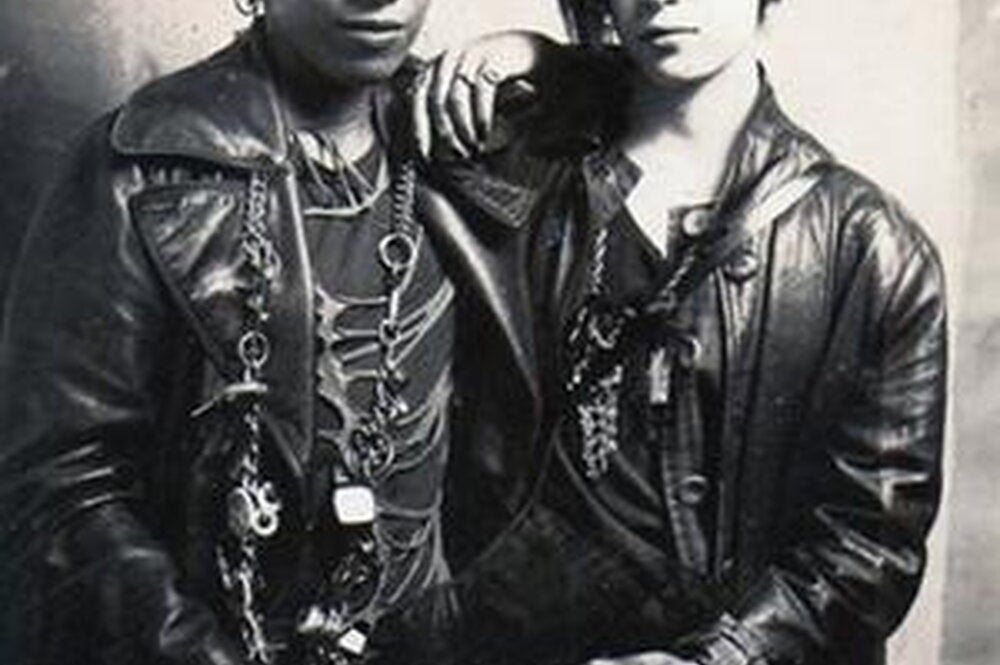

Feminism needs to end its 150-year obsession with the politics of personal appearance, and get past its dim view of beauty, says Linda Scott, an associate professor of gender and women's studies and advertising. She says beauty is an issue that has divided women much more than it has aided their cause,
While researching material for a book, Scott found that, "Feminist writers have consistently argued that a woman's attempt to cultivate her appearance makes her a dupe of fashion, the plaything of men, and thus a collaborator in her own oppression."
In practice, the issue of personal appearance has been used repeatedly as an instrument of power and control within the women's movement, reinforcing biases of class, education, and ethnicity. The founding group of feminists, including Susan B. Anthony and Elizabeth Cady Stanton, came from an upper-class Puritan tradition that strongly influenced their attitude about dress and personal appearance.
"In their calls for simplicity of dress," Scott notes,"they were echoing years of conservative tradition in their own community, rather than making a ground-breaking critique as is often claimed."
The Puritan influence continues to this day, Scott says. "Consistently, feminist criticism will interpret an ad (or film or a fashion) until it can be shown to be a temptation aimed at the male gaze."
A key basis for that criticism has been the claim that fashion was dictated by fashion and cosmetics industries controlled by men. But in her study, Scott found that the fashion business has historically been "a woman's game," including much of the ad copy written for beauty ads.
As an 18-year-old college student and recent convert to feminism in 1970, Scott paid a visit to a feminist consciousness-raising group. "I was treated so badly for the way I was dressed that I never went back." And she has since found that hers was a very common experience for many women at the time, as they came in contact with a more-radical campus feminism that Scott says hijacked the "Second Wave" of the women's movement.
She believes there are simply more important issues than dress, especially when looking at the status of women in a global context.
"Voices from around the world report a variety of conditions and systems under which only one thing holds constant-the universal second-class status of females. If there was ever a moment when the women of one culture had a responsibility toward their sisters in other nations, this is it. We should not waste time quibbling over what to wear to the conflict."


